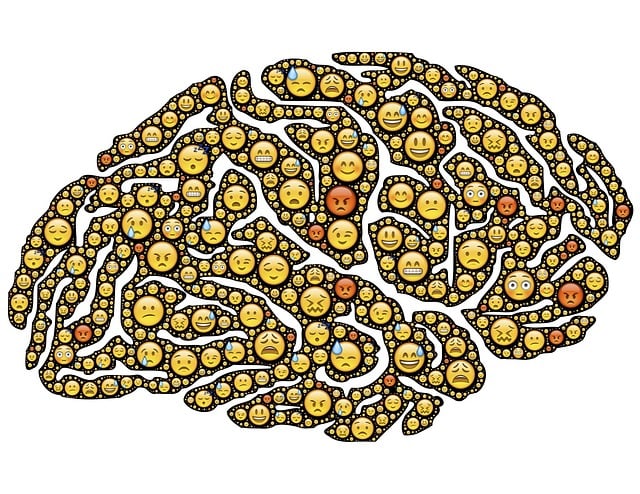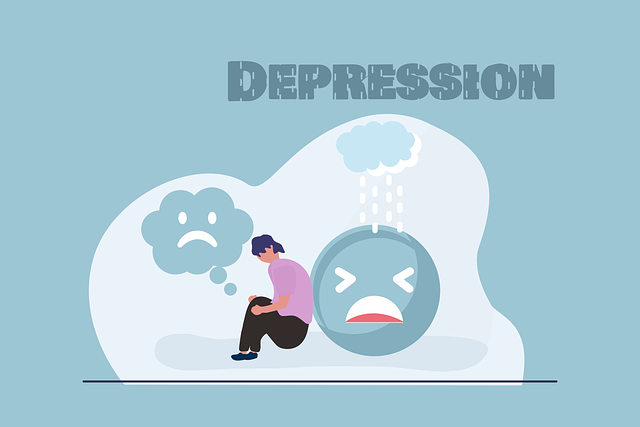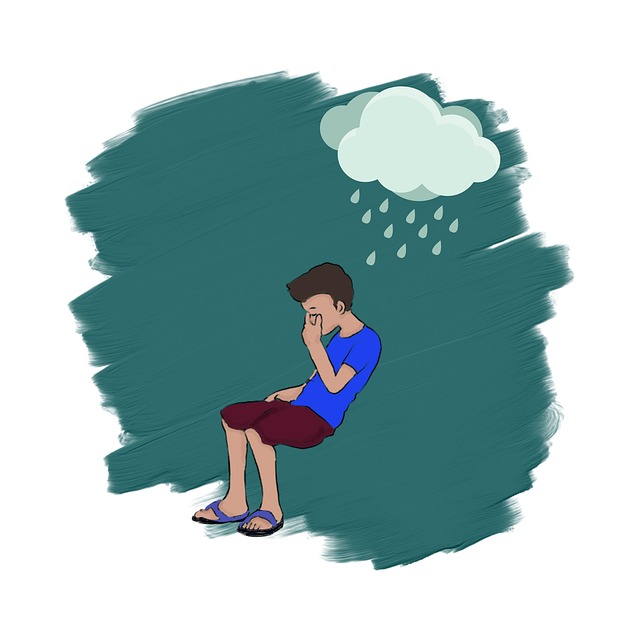Centennial Terminal Illness Therapy (CTIT) emphasizes coping skills vital for managing life's challenges, especially terminal illnesses. This holistic approach integrates mindfulness, emotional intelligence training, and self-care practices to foster resilience. By identifying individual coping styles, CTIT tailors treatment, empowering clients to navigate their illness with strength and dignity. Mindfulness exercises, empathy building, and creative outlets enhance coping skills, offering long-lasting benefits for mental well-being.
Coping skills development is an essential aspect of mental health, enabling individuals to navigate life’s challenges with resilience. This article explores various facets of enhancing coping mechanisms, particularly focusing on the impact of Centennial Terminal Illness Therapy. We delve into understanding the significance of these skills, identifying personal coping styles, and providing practical strategies for daily implementation. Additionally, we highlight long-term benefits and the importance of maintaining a balanced perspective.
- Understanding Coping Skills and Their Significance in Mental Health
- The Role of Centennial Terminal Illness Therapy in Developing Effective Coping Mechanisms
- Identifying Personal Coping Styles: Strengths and Challenges
- Strategies for Enhancing Coping Skills in Daily Life
- Long-term Benefits and Maintaining a Balanced Perspective
Understanding Coping Skills and Their Significance in Mental Health

Coping skills are essential tools for navigating life’s challenges and maintaining mental well-being. They refer to the strategies individuals employ to manage stress, overcome adversity, and adapt to difficult situations. Effective coping mechanisms enable people to express and regulate their emotions, make sense of traumatic events, and foster resilience in the face of adversity. In the context of Centennial Terminal Illness Therapy, understanding and developing these skills are paramount as they aid patients in confronting and accepting their diagnoses while maintaining a sense of control and dignity.
The significance of coping skills extends beyond managing specific conditions; they form the foundation for overall mental health and quality of life. Research highlights that individuals with robust coping strategies often experience better emotional regulation, enhanced problem-solving abilities, and improved relationships. Practices such as mindfulness meditation and emotional intelligence training have gained prominence in trauma support services due to their proven effectiveness in building resilience and promoting healing. These techniques encourage individuals to be present, understand their emotions, and develop healthy ways of responding to distressing situations, ultimately contributing to a more fulfilling life journey.
The Role of Centennial Terminal Illness Therapy in Developing Effective Coping Mechanisms

Centennial Terminal Illness Therapy (CTIT) plays a pivotal role in equipping individuals with effective coping mechanisms, especially in navigating challenging life situations. This therapeutic approach goes beyond traditional counseling by offering a holistic framework that integrates self-care practices and empathy building strategies. Through CTIT, patients learn to embrace their emotions, fostering resilience and mental fortitude. The therapy encourages the development of a robust self-care routine, where individuals prioritize their well-being, thereby enhancing their ability to cope with stress, anxiety, and even terminal illnesses.
By integrating empathy-focused techniques, CTIT enables participants to build deeper connections with themselves and others, leading to improved emotional intelligence. This increased self-awareness allows for the adoption of adaptive coping strategies that are tailored to individual needs. In essence, CTIT empowers people to transform their relationship with challenges, viewing them as opportunities for personal growth, thereby revolutionizing their approach to self-care and mental health maintenance.
Identifying Personal Coping Styles: Strengths and Challenges

Identifying Personal Coping Styles is a pivotal step in Centennial Terminal Illness Therapy. Every individual possesses unique coping mechanisms that can range from proactive strategies like exercise and mindfulness to more avoidance-based methods such as substance use or isolation. Recognizing these styles is crucial because it allows for tailored therapy approaches, ensuring that treatment aligns with the client’s natural inclinations and preferences. For instance, an individual who thrives in community support might benefit greatly from our Community Outreach Program Implementation, while another might require enhanced cultural sensitivity in mental healthcare practice to feel understood and comfortable, given their background.
Understanding these dynamics also prepares clients for managing challenges outside of therapy sessions. By leveraging strengths and mitigating weaknesses related to coping styles, individuals can build resilience. Empathy building strategies, a key component of our approach, enable therapists to guide patients through this process, fostering an environment where exploring and accepting personal coping styles is safe and encouraged. This proactive understanding can significantly enhance the effectiveness of terminal illness therapy, promoting a more fulfilling and peaceful journey.
Strategies for Enhancing Coping Skills in Daily Life

Incentivizing positive thinking and building empathy are powerful Empathy Building Strategies that can significantly enhance coping skills in daily life. Engaging in regular mindfulness exercises, such as meditation or deep breathing techniques, helps individuals cultivate present-moment awareness and emotional regulation. This, in turn, facilitates the Emotional Healing Processes necessary for navigating stress, anxiety, and even terminal illness, with more resilience and clarity.
Additionally, incorporating creative outlets like art therapy, music, or writing can serve as valuable coping mechanisms. These activities provide alternative ways to process emotions and experiences, fostering a sense of self-expression and catharsis. For those facing Centennial Terminal Illness Therapy, such expressive methods can offer profound support, helping individuals and their loved ones find meaning and comfort during challenging times.
Long-term Benefits and Maintaining a Balanced Perspective

The long-term benefits of coping skills development extend far beyond immediate stress relief or emotional stability. Through various therapies and mental health education programs design, individuals equipped with robust coping mechanisms can foster resilience against future challenges. This is especially pertinent in navigating complex issues like terminal illnesses, where Centennial Terminal Illness Therapy has shown promise in enhancing quality of life and mitigating psychological distress. By mastering these skills, individuals gain a sense of control over their emotional responses, enabling them to face adversity head-on.
Maintaining a balanced perspective becomes more manageable when coping strategies are integrated into daily life. This involves recognizing triggers, understanding personal limits, and adopting healthier ways of managing stress. Cultural sensitivity in mental healthcare practice further enriches this process by ensuring that coping skills development respects individual cultural backgrounds and beliefs, making it inclusive and effective for diverse populations. Such holistic approaches not only empower individuals to cope with current struggles but also equip them with valuable tools for lifelong emotional well-being.
Coping skills development, as highlighted by strategies like Centennial Terminal Illness Therapy, is an empowering tool for navigating life’s challenges. By understanding our personal coping styles and employing effective mechanisms, we can enhance mental resilience and overall well-being. Integrating these skills into daily routines offers long-term benefits, fostering a balanced perspective that enriches our lives.














